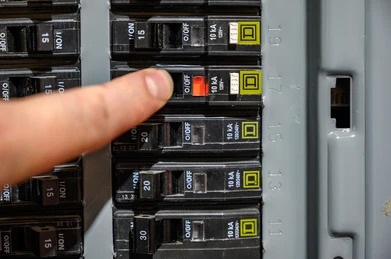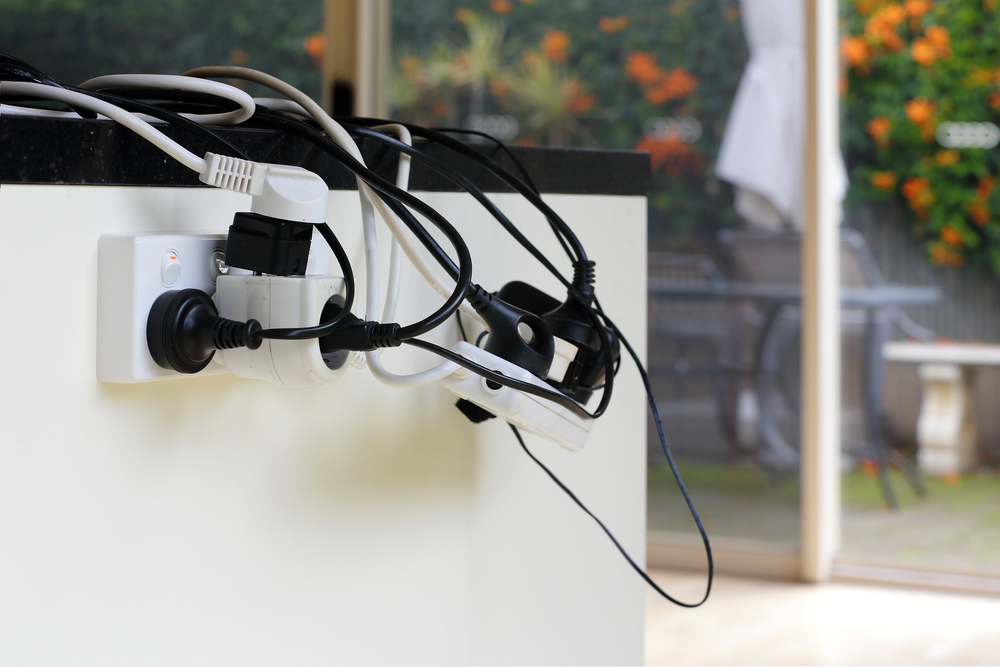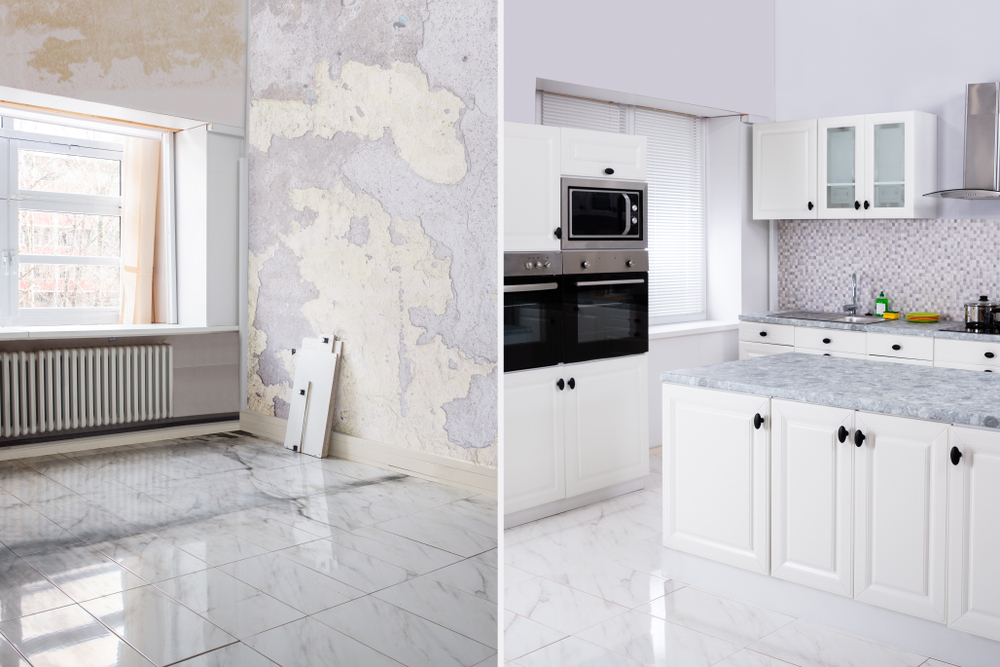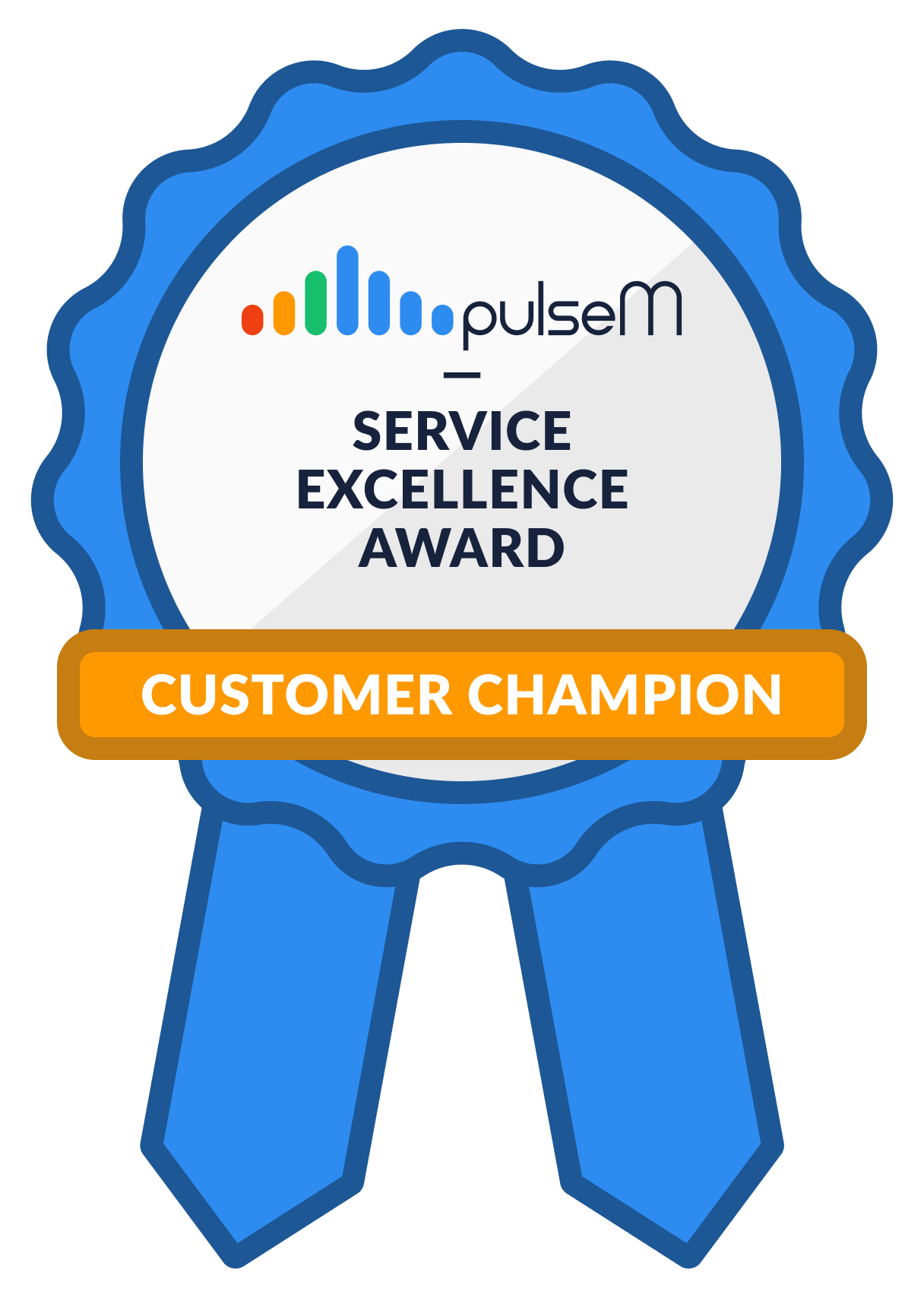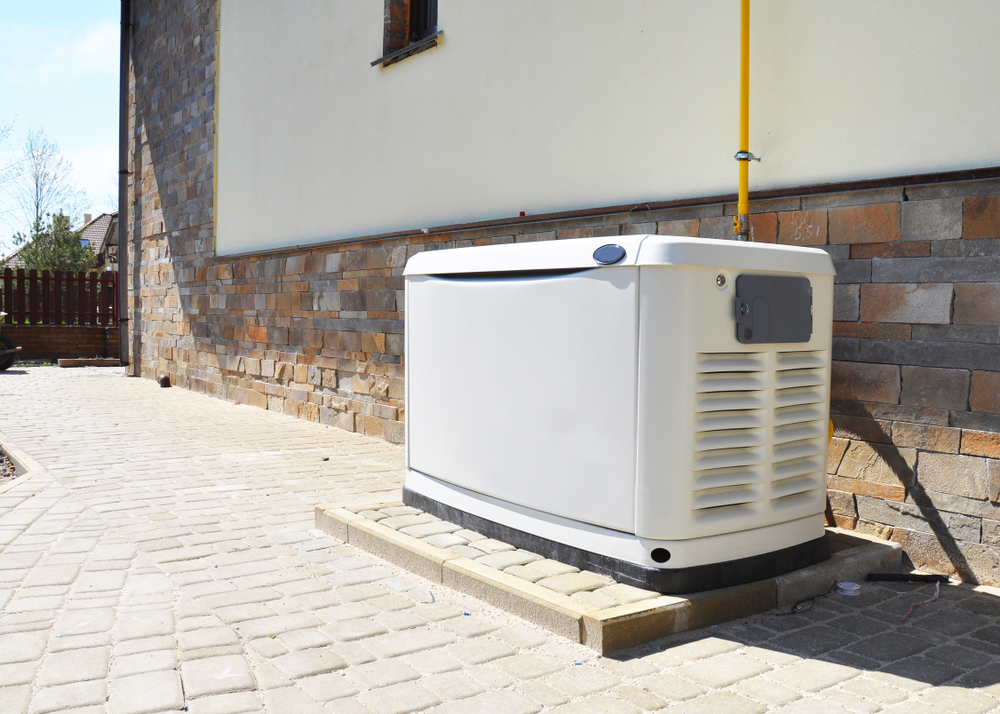
What You Should Know About Generators for the Home
Electricity is a vital factor in the comfort and safety of your home. Most homes rely on electricity for household functionality and efficiency. When your home becomes disconnected from the power grid, generators can help back you up.
A generator turns mechanical energy into electrical energy. When the electrical grid fails, a generator can keep the power on in your home. Generators for the home offer safety and convenience. Generators have become more reliable and efficient over time. Now might be the best time to invest in a home generator. No one generator is the best, but there are ways to find the best option for you.
Types of Generators for Home Use
Generators differ in type, size, fuel, and cost. Generators for the home are becoming increasingly popular in recent years. Generator types best fit different power and location needs. People who live in areas prone to natural disasters utilize generators to power lights, necessary equipment, desired appliances, and even their HVAC systems. Others experience shorter outages and have lower energy needs. There are generators to fit a variety of households and usage models.
Generators employ electrical, mechanical, and chemical processes. When determining your generator needs and preferences, it is always best to consult with a professional. Though the amount and frequency will vary, all generators require routine maintenance and replacement. A cheaper but functional generator will often do you more good than an improperly functioning generator.
Standby Generators
Standby generators for home use are very popular. These standby generators are a good option for emergency use, especially in places susceptible to natural disasters such as Medfield, MA. Standby generators cost more than other types of generators.
Some characteristics of standby generators include:
- Uses gasoline, diesel, natural gas, or propane
- Get automatic emergency backup power within seconds
- 24/7 blackout protection
- More expensive than portable generators
- Run outside only
- Efficiency varies
- Power your entire home or just a few circuits
Standby generators for home use vary in quality and features. When choosing a generator for your home, be aware of special features that run the unit more quietly or conduct weekly self-diagnostic tests.
Sizing is a large component of costs when it comes to installing a standby generator system. A licensed electrician should install all standby generators for ensured safety and function.
Portable Generators
Portable generators are more often used on job sites, during camping trips, and with vehicles than they are in homes. When portable generators are used in homes, they are often used for shorter periods.
Some characteristics of portable generators include:
- Often are gas or battery-powered
- Best for households with low power requirements
- Cheaper than standby systems
- Can be solar powered
- Not suitable for places that experience natural disasters or sustained power loss
- Can power important appliances like refrigerators and sump pumps
- No permanent installations
A portable power generator is a good power solution if you don’t want to invest in a standby generator or if you need electricity away from home. Portable generators are a good option for people who live in apartments or rentals and cannot have permanent standby generators for home use.
Inverter Generators
Inverter generators deliver power in continuous, smooth waves. These inverter generators have cleaner power delivery that adjusts up and down according to load. This mode of power delivery makes inverter generators very suitable for sensitive devices like cell phones, computers, LED televisions, and sound equipment as it prevents overheating and overload.
Some characteristics of inverter generators include:
- Often gas or battery-powered
- Cleaner voltage
- Lower fuel requirements
- Popular for camping and fishing trips
- Easier to transport — smaller and lighter
- Quieter operation
An inverter generator will not be able to power much within your home. Understanding the power you need can help determine which generator type would best suit your lifestyle.
Fuel Options
The best choice of fuel for a home generator varies based on individual needs. Depending on the type of generator, you will have different options for fuel. Many generators have the ability to run on multiple types of fuel.
An electrician can help walk you through your options. Your needs will vary depending on availability in your location, cost, and application. Proper storage and supply of fuel are often more important than the fuel option itself.
Regardless of your choice of fuel, it should be accessible and ready to be used.
Gasoline
Generators can run on a variety of different fuels, but the most common fuel for portable and inverter generators is gasoline. Gasoline is:
- Readily available and easy to purchase
- Capable of producing worse emissions than other fuel types
- Able to last for up to three years when combined with a fuel stabilizer
- Capable of working with more generators overall
- A more expensive option over time
- Only to be used outdoors
Portable generators that run on gas have different power properties and suitable usage models than gas-powered inverter generators. Gasoline generators also provide a wide variety of functions and sizes.
Diesel
Diesel is most often used to power standby generators. Generators powered by diesel offer:
- The highest efficiency per gallon of all generator fuel types
- Wide availability for residential and commercial use
- Best performance for big jobs over long periods of time
- Outdoor use only
- Fuel that lasts for six months to one year when properly stored without added stabilizers
Regular diesel fuel can freeze and gel, preventing the generator from starting. Diesel generators run best in freezing temperatures if they are filled with winter diesel fuel. Diesel’s low burning temperature puts less strain on an electric engine than gasoline or propane, allowing diesel generators to provide a higher level of durability and a long life.
Natural Gas
Natural gas is usually used for standby generators for home use, as well as some portable generators. Using natural gas in generators is:
- The most cost-effective and available approach for home standby generators
- Less energy-efficient per gallon than diesel, gasoline, or propane
- Generally supplied through natural gas pipelines, so refueling is not necessary
- Usually not affected by power outages
- More costly for initial installation
Natural gas systems can be vulnerable to extremely cold temperatures. However, most places in the US, such as Medfield, MA, have established natural gas systems suitable for year-round use.
Propane
Propane is commonly used to fuel inverter generators. Generators powered by propane offer unique qualities, including:
- Fuel can be liquid propane or vapor propane
- Liquid propane does not deteriorate — can be stored long-term
- Propane generators are less efficient than most other options
- Propane is clean burning
- More dangerous in regions prone to natural disasters
- Often used in inverter generators for RVs, campers, and food trucks
Propane generators may require less maintenance than gas and diesel options because propane burns cleaner. In emergency situations, propane can be harder to get and generators tend to burn through propane faster.
Solar Generators
Solar energy is more often utilized by portable generators but can be outfitted for entire households. There are many things to consider when deciding on solar generators, including:
- Clean, renewable energy for portable generators
- More solar panels can increase power output
- Can be run safely indoors (if you have the light) — no emissions
- Not useful when it is dark outside
- Less power output than other generators
Solar generators cost more to install upfront, especially for use as a home standby generator. However, the energy source is free and renewable. Solar generators are not always great in an emergency because they require sunlight.
Battery Generators
Battery generators are inverter generators. Some things you should know about battery generators include:
- Frequently used in combination with solar generators
- Safe to use indoors
- Cleaner energy
- Can take a long time to charge
- Relatively high cost
Battery generators are often referred to as battery-operated power stations. They put out less power than traditional gas generators but are more expensive. Battery generators are used for homes, vehicles, and outdoors.
Sizing
Sizing your generator is a major cost contributor. You need a generator that can meet your needs, but generators that offer more power are often much more expensive. The size of your generator will depend on your power needs.
Contributing factors to the power requirement of your generator include:
- Length of power outages
- Type of generator chosen
- The combined energy requirement of connected appliances
- Order of loads
There is no real substitution for having a professional electrician evaluate your generator capacity needs. However, homeowners can get an idea for their sizing by evaluating the watt usage of appliances they want to have connected to emergency power.
Generator Safety
Improper generator functioning can lead to carbon monoxide poisoning, electrocution, and fire. The following guidelines can improve your safety when utilizing a generator.
- Exercise proper use of your generator
- Keep your generator dry
- Never try to plug your generator into an outlet or your electrical panel
- Maintain fuel level and quality
- Generators that burn fuel have to be outside
- An electrician should perform any generator maintenance and installation
Modern generators are a safe and efficient means to supply your home with emergency power. Generators also need to be up to code. It is best to talk to a professional about all home generator concerns.
Contact Paul Macrina Electrical Contracting Inc. for your home generator needs in Medfield, MA.
STAY IN THE LOOP
Subscribe to our free newsletter.
Related Posts
How to Reset a Tripped Breaker Turning on an appliance should not cause a breaker to trip, but it can. When it does, the power shuts off to that circuit. However, if a breaker does trip, it can be fixed in just a few minutes, and resetting it is a simple process. As long as
How to Avoid Overloading Circuits with Christmas Lights Lighting up the house with bright lights at Christmastime is festive and fun so make sure the job is done safely. Overloading the circuits can lead to power outages or surges that can require electrical panel repair or damage appliances and electronics inside the home. Before getting
Before You Renovate Your Kitchen Is it time to take your drab and outdated kitchen and turn it into the warm, comfortable center of your home that it deserves to be? While planning out the material of your countertops and the color of your cabinetry, do not forget to also make a plan for the
